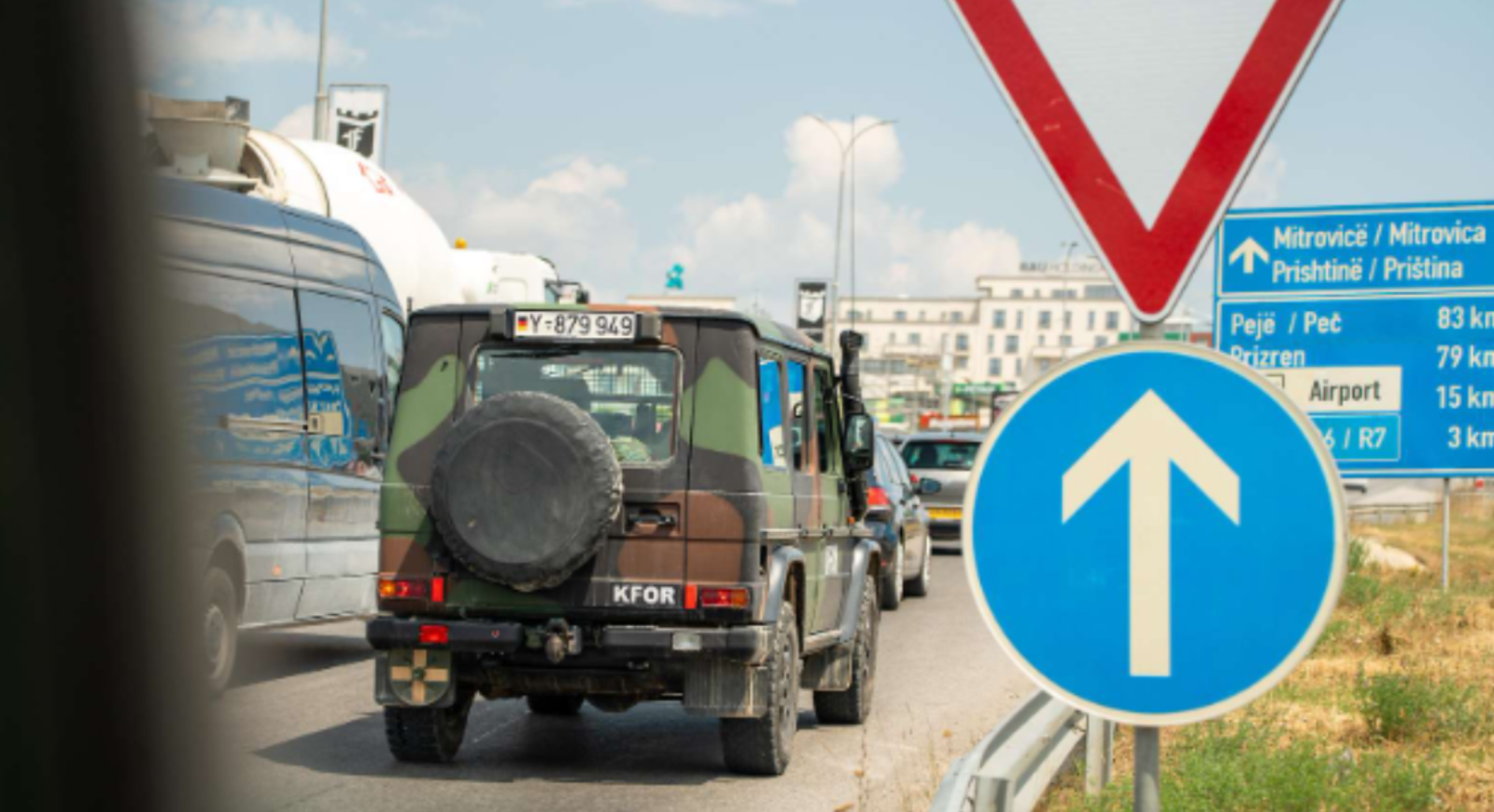In an article on their official website, the German Bundeswehr explained why the number of German troops in Kosovo has increased in 2024. The article provides an overview of Kosovo’s development, noting that it may not immediately seem like a country with a German military presence.
The Bundeswehr article highlights Kosovo’s modern infrastructure, including its airport, highways, and various shopping centers, comparing them favorably to those in Germany as signs of development.
Discussing Kosovo’s size, the Bundeswehr points out that it covers about 11,000 square kilometers, roughly half the size of the German city of Hessen.
Despite this rapid development and increased well-being in Kosovo over recent decades, the Bundeswehr notes that there remains an underlying conflict that necessitates the presence of an international protective force like KFOR.
The article also addresses the patrols conducted by KFOR along the border between Kosovo and Serbia, explaining why KFOR refers to it as the “Administrative Boundary Line” rather than a border.
This terminology is linked to the fact that Kosovo’s independence, declared in 2008, is recognized by a significant number of countries, including Germany, but is still contested by others, particularly Serbia, which refuses to acknowledge Kosovo’s sovereignty.
“Arriving at the northeastern edge of Kosovo, we are on an ABL patrol. The abbreviation stands for ‘Administrative Boundary Line,’ meaning a boundary in the sense of a border. However, referring to it as a border with Serbia would be diplomatically inappropriate for KFOR. The reason: Kosovo’s independence, declared in 2008, is recognized by a large part of the international community, including Germany. Nevertheless, other countries, particularly Kosovo’s rival, Serbia, refuse to acknowledge Kosovo’s sovereignty,” the article states.







